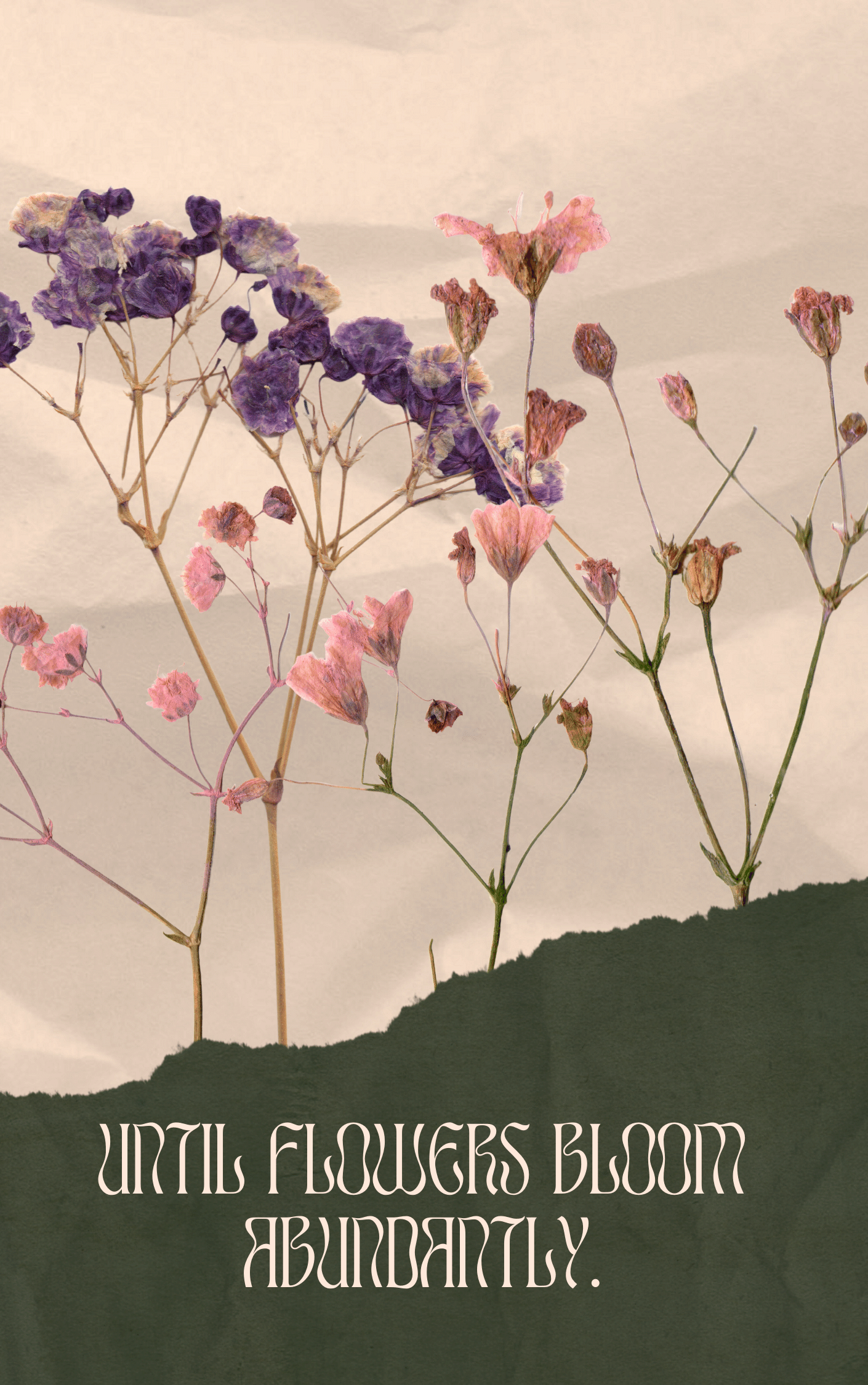Chapter 22:
Spring comes and autumn goes.
It seemed as if all the hardships and unbearable things in the world fell upon Pei Chen and me.
I faced rejection from my eleventh business partner on the streets of London.
Pei Chen lost his most expensive lens in the warfare in Syria.
Yes.
His ambition was to become a war photographer.
I only found out that he had spent time in an orphanage, where the majority of children adoptees were abandoned during the Southeast Asian wars.
Perhaps that tiny seed was implanted in his heart when he was very young.
And now, it had taken root, sprouted, and driven him forward.
In the midst of the alarm sounded in the war zone, he had his final conversation with me over the phone.
He said, "Lin Xia, I've figured it out." "This is what I want to do." ...
Afterwards, all our communication was done through letters.
Through his words, I can imagine the scenes filled with continuous artillery fire.
Tiles shattered by the smoke of gunpowder.
However, the most heart-wrenching thing was the innocent child's clear eyes beneath the broken tiles.
He said he couldn't save that little girl.
Enemy planes bombed the area, and the military officer responsible for protecting them, the journalists, pulled him to hide in a shelter.
What about the little girl? Later, he frantically dug through the ruins.
But all he found were fragments of pink fabric...
Slowly, he broke down.
Many times, I felt that fate was playing a massive joke on us.
Our communication in letters felt like we were comparing misfortunes.
I faced betrayal from my subordinates.
He almost lost a leg from a bomb that fell from a plane.
And then, fate seemed to loosen its grip around our throats.
My design company started to improve.
Pei Chen's photograph was featured in an international film festival.
When he received the award, he said, "If the thundering bomb fails to strike the heart directly," "what about the pure eyes of a child beneath the bomb?" Such children exist by the millions in times of war.
Pei Chen sent me many of the photos he took directly.
Sometimes, I would help him select certain photos to submit to journals and websites.
One day, I saw a sentence written in a hurried handwriting on the lower right corner of the back of a photo.
The handwriting was rushed, but the pen strokes were firm.
"If your pictures aren't good enough, you aren't close enough."
"If your photos aren't good enough, you're not close enough." This is probably the meaning of what people like Peichen are burning their lives for.

